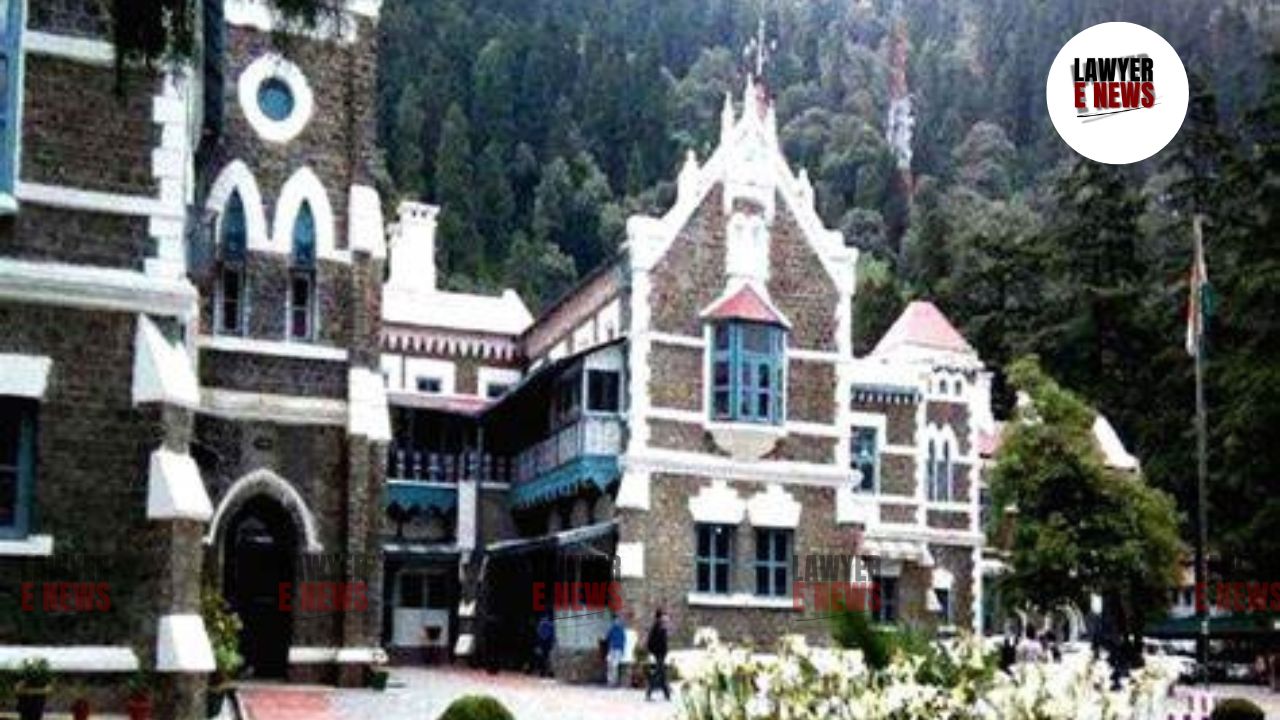-
by sayum
14 February 2026 2:22 PM



Appellate Court’s judgment in favor of the respondent under Section 138 of the Negotiable Instruments Act upheld by High Court. The High Court of Uttarakhand has dismissed the appeal in a significant cheque bounce case, reaffirming the acquittal of Smt. Urmila Bora by the Sessions Judge, Champawat. Justice Pankaj Purohit emphasized the importance of reliable evidence and due process, supporting the appellate court’s findings that favored the respondent.
The case originated from a complaint filed by Mohd. Usman under Section 138 of the Negotiable Instruments Act, 1881. Usman alleged that Urmila Bora had issued a cheque worth Rs. 65,000 as payment for matchboxes supplied, which was subsequently dishonored due to insufficient funds. Despite a notice demanding payment, Bora failed to clear the dues, leading to a trial and her initial conviction by the Judicial Magistrate, Tanakpur, which was later overturned by the Sessions Judge, Champawat.
The High Court underscored the need for credible evidence in maintaining a conviction under Section 138. “The appellate court’s assessment that the lack of signatures on the invoices and the dispute over the purpose of the cheque were significant factors cannot be overlooked,” Justice Pankaj Purohit noted. The invoices presented by the complainant lacked customer signatures, raising doubts about their authenticity.
The court examined the conflicting statements regarding the issuance of the cheque. Bora claimed the cheque was a blank one given for a different transaction related to land purchase, not for payment of goods. “In such situations, the burden of proof lies heavily on the complainant to establish the linkage between the cheque and the alleged transaction,” the bench remarked.
The appellate court highlighted procedural lapses, such as the failure to examine key witnesses like Mohd. Irfan, who could have corroborated the complainant’s claims. The High Court agreed that this omission weakened the prosecution’s case. “The absence of testimony from a crucial witness casts a significant shadow of doubt on the complainant’s narrative,” the judgment noted.
Justice Purohit reaffirmed the principle that appellate courts should be cautious in overturning acquittals unless there is a clear misapplication of law or disregard for evidence. “Where two views are possible, and the appellate court’s view is plausible, interference with the acquittal is unwarranted,” he stated.
Justice Pankaj Purohit observed, “The reliability of evidence is paramount, and when procedural lapses and contradictory statements are present, the benefit of doubt must favor the accused.”
The dismissal of the appeal by the High Court of Uttarakhand reaffirms the judiciary’s commitment to ensuring convictions are based on solid, credible evidence. This judgment underscores the importance of procedural rigor and the necessity of corroborative testimonies in cases under the Negotiable Instruments Act. The decision is expected to guide future litigations, emphasizing thorough evidence examination and adherence to legal standards.
Date of Decision: 21.05.2024
